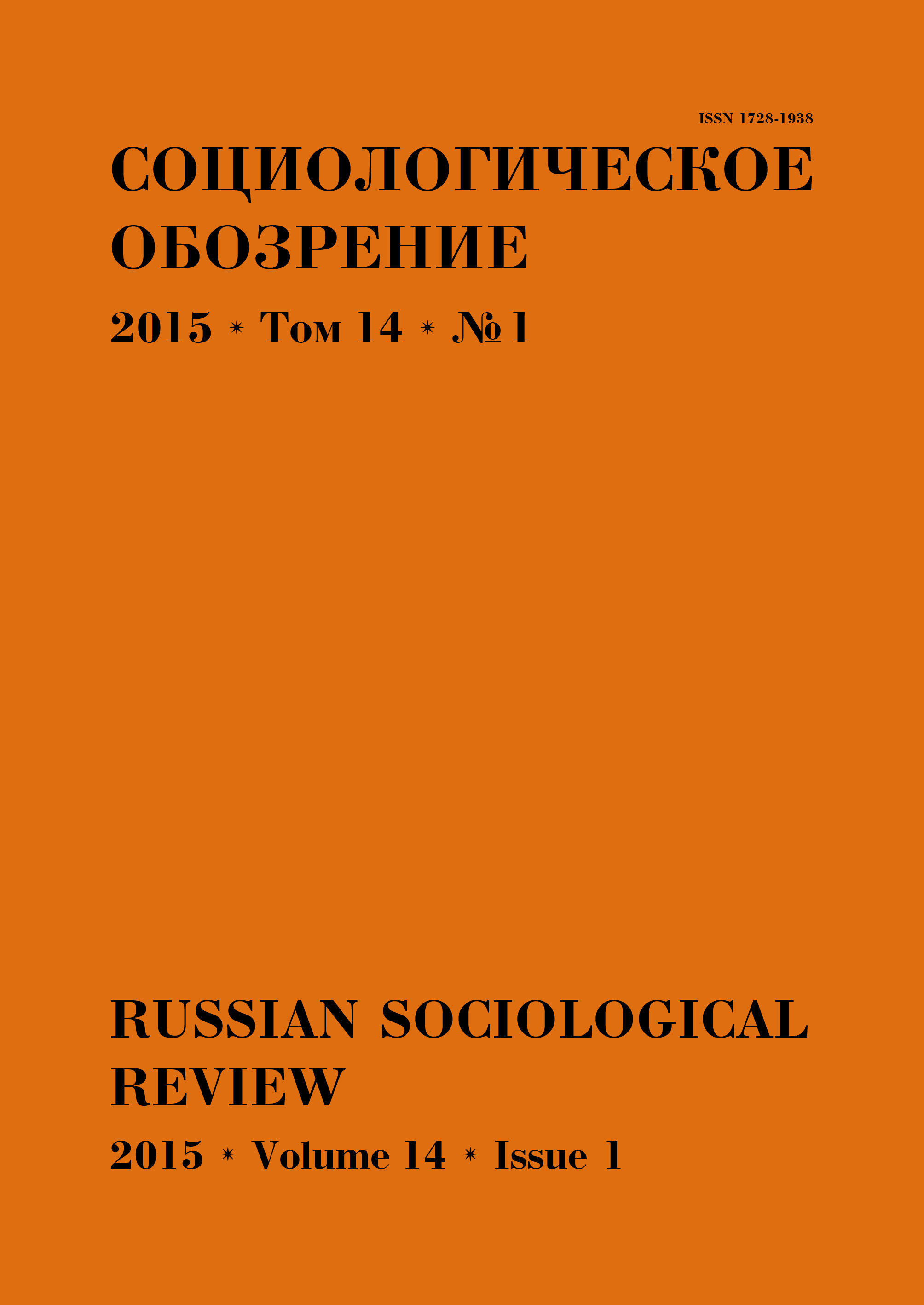Beginning, Birth, Action: Augustine and the Political Thought of Hanna Arendt
Abstract
The paper briefly analyzes the main aspects of the genesis of Arendt’s concept of natality, and the reasons that led her to claim natality as a fundamental concept of political thought. 'Natality' is defined as the “biological” birth of the man in the world, and/or the capacity of beginning something new. If the factual birth is defined naturalistically, it can contradict randomness of action as the capacity of beginning something new. The connection between the two aspects of natality goes back to Augustine who was Arendt’s interlocutor throughout all of her research life. The genealogy of natality allows us to subject the problem of participation and the relation of political thought of Arendt to the philosophical criticism of biopolitics. Two definitions of life, natural life (zoe), and life in its political measurement (bios), strictly correspond to the two main aspects of natality. Natality is a concept which allows to consider the political to be a function of life. The most probable explanation for paradoxicality of Arendt’s reflections on natality is their messianic orientation, which could be attributed to Arendt’s involvement into the theological subjects via Augustine. The stable relation between birth and possibility of free action arises only in the case of a normal theological ontologization of Christmas.




